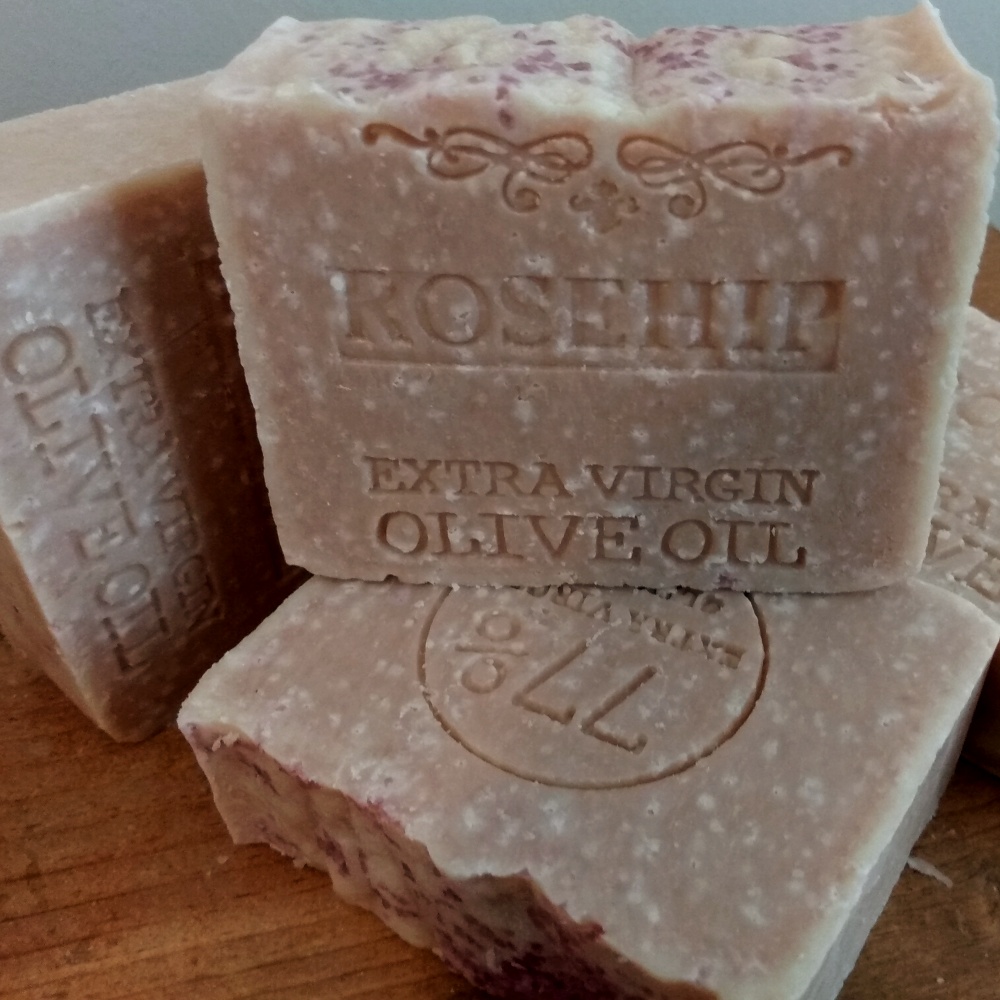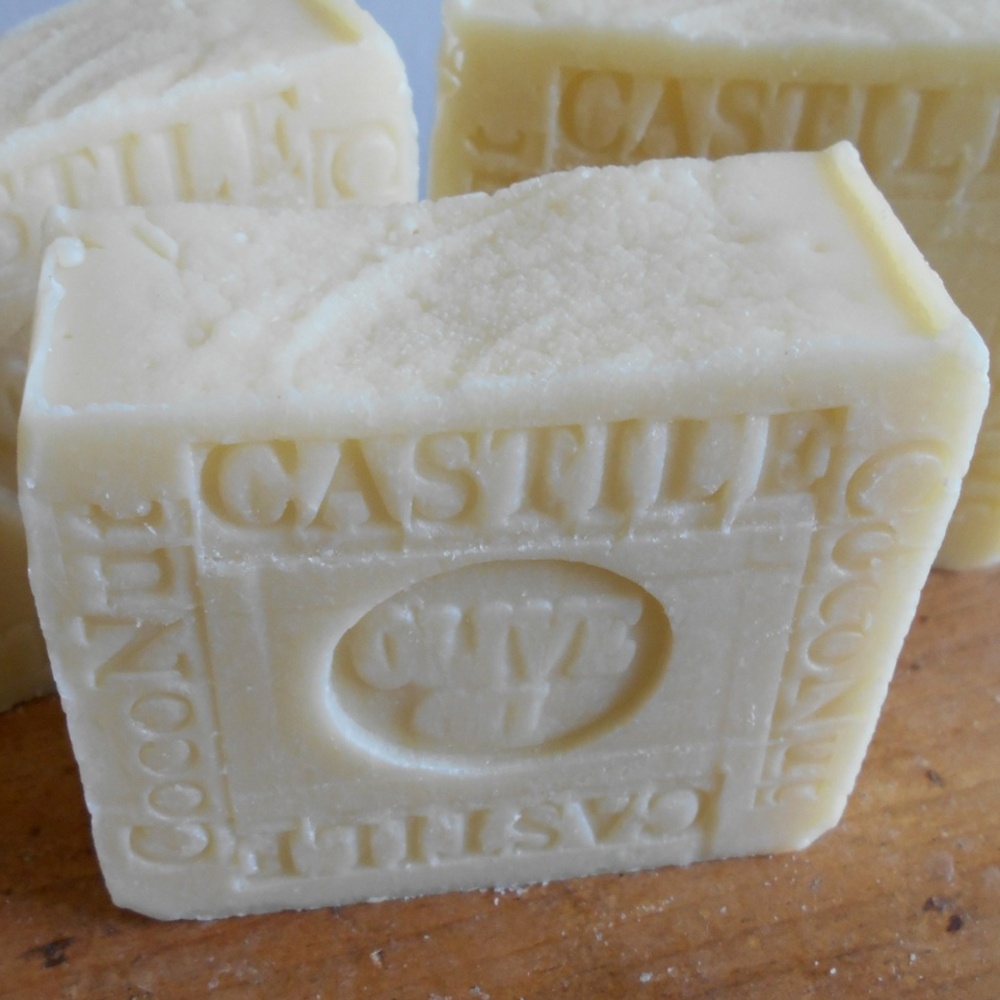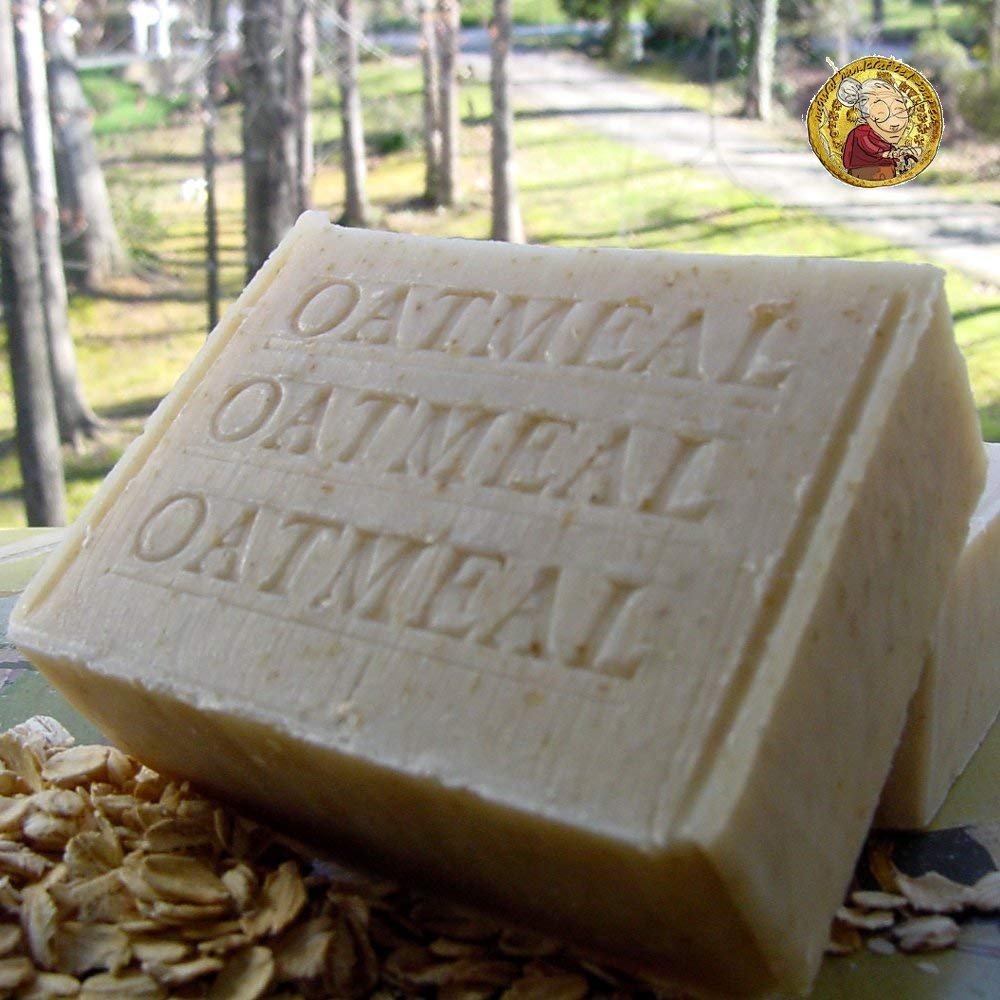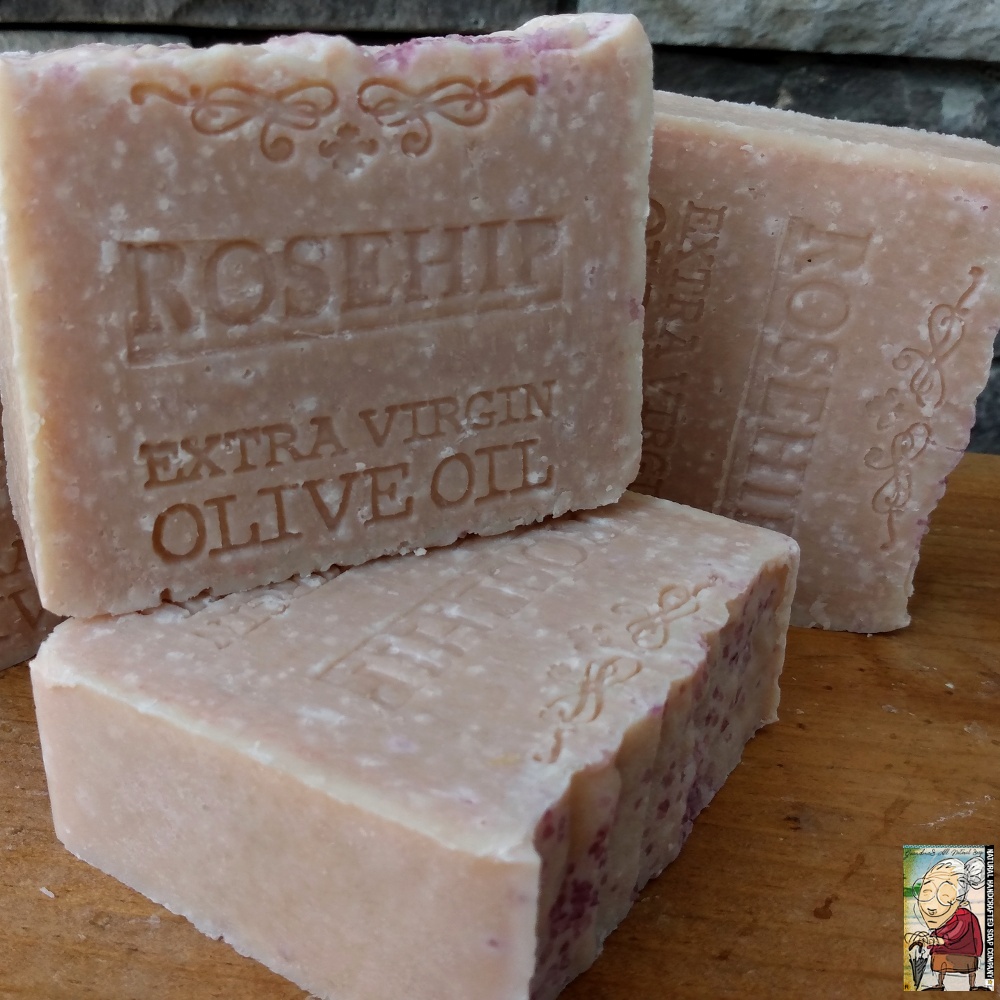Organic soap is simply better for your skin. It contains natural ingredients such as plant- derived base oils, glycerin, and organic – natural essential oils. By contrast, synthetic, mass-market soap is made of petroleum-based lathering agents, synthetic fragrances, harsh dyes, and dangerous preservatives.

TANGERINE SOAP IS A GOOD SOURCE OF VITAMIN A . IF YOU ARE SUFFERING FROM ANY SKIN PROBLEMS, SUCH AS ACNE, PIMPLES, YOU ARE ENCOURAGED TO HAVE PLENTY OF VITAMIN A AND APPLY PRODUCTS THAT ARE DERIVATIVES OF THE VITAMIN. HENCE TANGERINE CAN BE A GOOD OPTION FOR TREATING THESE SKIN PROBLEMS. WHEN IT COMES TO HEALING WOUNDS AND OTHER DAMAGES TO THE SKIN, VITAMIN A IS ESSENTIAL FOR THESE, SINCE IT HELPS THE SKIN REBUILD TISSUES. IF YOU WISH TO CONTROL OR REMOVE ANY SKIN AGING SYMPTOMS SUCH AS FINE LINES, WRINKLES, DULL SKIN AT BAY, VITAMIN A CAN BE A GREAT HELP DUE TO ITS ANTI-AGING PROPERTIES. CITRUS SOAP FLORIDA NATURAL SOAP HANDMADE
What is organic soap?
Organic soap has benefit of being made of ingredients that are produced with organic farming practices, that is, farming practices that don’t use pesticides or synthetic fertilizers. So organic soap is natural soap, but it is also one step better.

Oatmeal Natural Organic Soap with Shea Butter and Hazelnut

Brazilian Rosehip Soap -Vegan Organic Olive Oil and Mediterranean Sea Salt

Organic soap is generally better for the environment, for animals, and for the local economy. Google for more..
Grandmas All Natural Soap: Natural Handmade Handcrafted …https://www.naturalhandcraftedsoap.comNatural Handcrafted Handmade Soap Where Skin Care Matters . Our handcrafted organic olive oil based (natural handmade soaps) are created in small …
470 NATURAL HANDCRAFTED SOAP ideas in 2021 – Pinteresthttps://www.pinterest.com › handcraftedsoap › natural-…All Natural Cold Process Soap | Handmade Soap | naturalhandcraftedsoapcompany.com·@handcraftedsoap·Handmade “Soap Pin” …
All Natural Cold Process Soap Handmade Soap … – Pinteresthttps://www.pinterest.com › handcraftedsoapHandmade “Soap Pin” NaturalHandcraftedSoapCompany.com Mom. … Organic Google Natural Handcrafted Soap Company Google Grandmas Natural Soap …
Natural Handcrafted Soap Company | Amazon Handmadehttp://www.amazon.com › handmade › Natural-Handcr…Grandma’s Natural Soap Artisan Handmade – Handmade soaps inspired by my Grandmother … Customer Reviews of Natural Handcrafted Soap Company.






